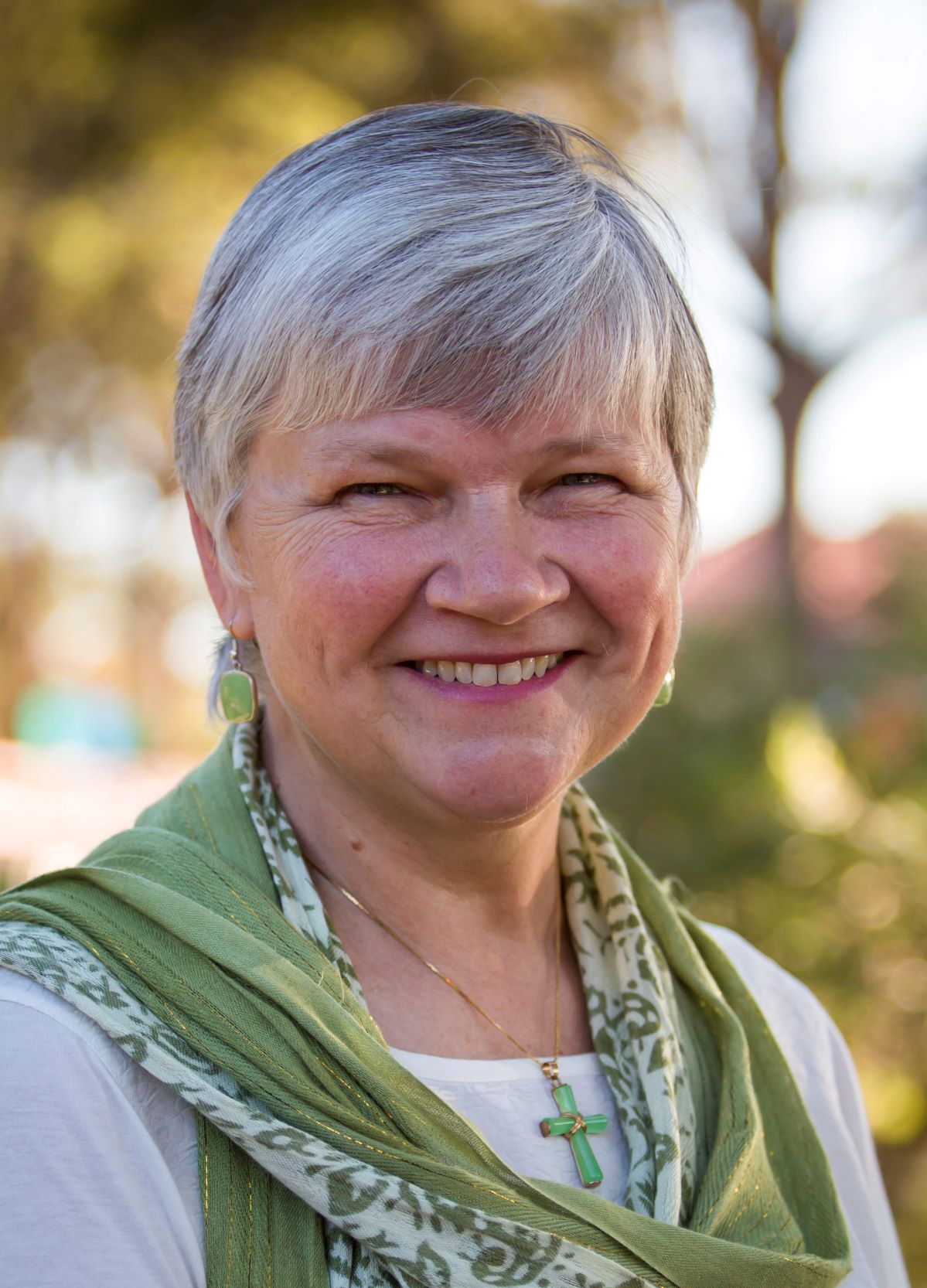ARRCC mobilizes multi-faith climate action in coal-dominated Australia: Theresa Ormerod
The Australian Religious Response to Climate Change (ARRCC) has a unique role in Australia in bringing together diverse people of faith as witnesses to both 'common humanity' and respect for the earth. In an interaction with Devdiscourse, ARRCC honorary president Theresa Ormerod provides an insight into the activities and strategy of the organization.

- Country:
- Australia
Theresa Ormerod alias Thea has long been involved in a range of social justice issues, mainly concerning global poverty. Since 2007, Thea has been associated with the Australian Religious Response to Climate Change (ARRCC, pronounced as “ark”) and is currently it’s honorary President.
Previous to this, Thea’s activism focused on campaigns for the cancellation of developing country debt (Jubilee 2000), trade justice (Australian Fair Trade and Investment Network) and more poverty-focused aid for developing countries (Micah Challenge). She has also been involved in advocacy on justice for clergy sexual abuse survivors, and co-authored, together with her husband, Professor Neil Ormerod, When Ministers Sin.
In an interaction with Devdiscourse, Thea speaks about the Sustainable Develoment Goals (SDGs) 2030 targets of ARRCC for ‘response to the climate emergency’. The Edited Excerpts:
What are the main areas of operation of your organization?
ARRCC’s Mission incorporates two dimensions advocacy for structural change which will lead to a rapid national response in Australia to the climate emergency and promoting sustainable lifestyles which respect the earth’s planetary boundaries. In practice, we promoted divestment from fossil fuels for some years and are currently focused on preventing the opening up of Queensland’s Galilee Basin to new coal mines. We are also active in the global Living the Change campaign and, as part of that, promote rooftop solar for faith communities, and the reduction of meat consumption and air travel among religious believers.
How, according to you, your organization is contributing to achieving any one or more SDGs?
Grow Affordable and Clean Energy: We facilitate media around public statements, signed by senior faith leaders, which always promote clean energy. ARRCC strongly encourages the use of GreenPower and faith-based organisations installing rooftop solar.
Mobilize Sustainable Cities and Communities: ARRCC uses a community organising model of activism, so we are building a groundswell of faith community support for sustainable economies.
Influence Responsible Consumption and Production: While holding compassion as our guiding principle, ARRCC encourages responsibility for reducing individual and community carbon footprints.
Organize Climate Action: ARRCC has been at the forefront of leading people across faiths in Australia to step up, speak out and take action on the climate emergency.
All of the above will ultimately further the achievement of other sustainable development goals about reducing poverty, inequality, food insecurity and increasing the chances of peace.
So far, what are the main achievements of your organization in line to the SDGs set up by the United Nations for the year 2030?
Among an otherwise conservative constituency, ARRCC has provided an avenue for Australian faith-inspired activists to advocate for an ambitious response to the climate emergency. Our supporter base has grown to over 5,000, and our profile is reflected in a recent dramatic increase in donations.
Each year we facilitate media coverage for at least one public statement advocating for climate action, including a winding back of coal and gas mining, signed by some of the most senior faith leaders in Australia. We published three in 2019. In aligning the positions taken with scientific truth and moral imperatives, we attempt to facilitate faith leaders taking a strong prophetic role.
ARRCC’s promotion of sustainable lifestyles has been attractive to more conservative groups and, aside from the benefits in reduced consumption, there is anecdotal evidence that this is proving a stepping stone to engagement in advocacy work.
What initiatives your organization has made in line to the SDGs?
In the Australian context, it has been innovative for a diverse faith-based organisation to fully participate in campaigns to stop specific coal projects. We work strategically, collaborating with other non-government actors in the broader Australian climate movement. The global Living the Change campaign, in which ARRCC is a Lead Partner, has challenged faith communities to lead the way in climate-conserving lifestyle change as a form of climate action to keep warming under 1.5 Degrees C, especially for the world’s highest-consuming 10 percent. ARRCC has begun work with other partners to establish an international multi-faith climate movement.
What is your strategy for further expansion of your organization at national and global level?
The ARRCC team leads climate action campaigns but also encourages self-organisation among people of faith at a local level. We are therefore growing and evolving into a decentralised movement. With partners overseas, ARRCC is collaborating to establish an international climate action organisation, aimed at facilitating the growth of multi-faith climate action organisations in nations where none have so far existed, and creating a powerful international movement which may have more influence on decision-makers.
Where do you want to see your organization by 2030?
By 2030 ARRCC aims to have created the faith-based support and action needed to achieve a critical mass of active citizens dedicated to Australia making an ambitious response to the climate emergency. With other faith-based organisations, we aim to engage and mobilise in a sustained way more than 100,000 people of faith in Australia by 2030, in one or more campaigns or activity aimed at minimising the harm of climate disruption.
Thankyou!
- FIRST PUBLISHED IN:
- Devdiscourse

 Devdiscourse News Desk
Devdiscourse News Desk








